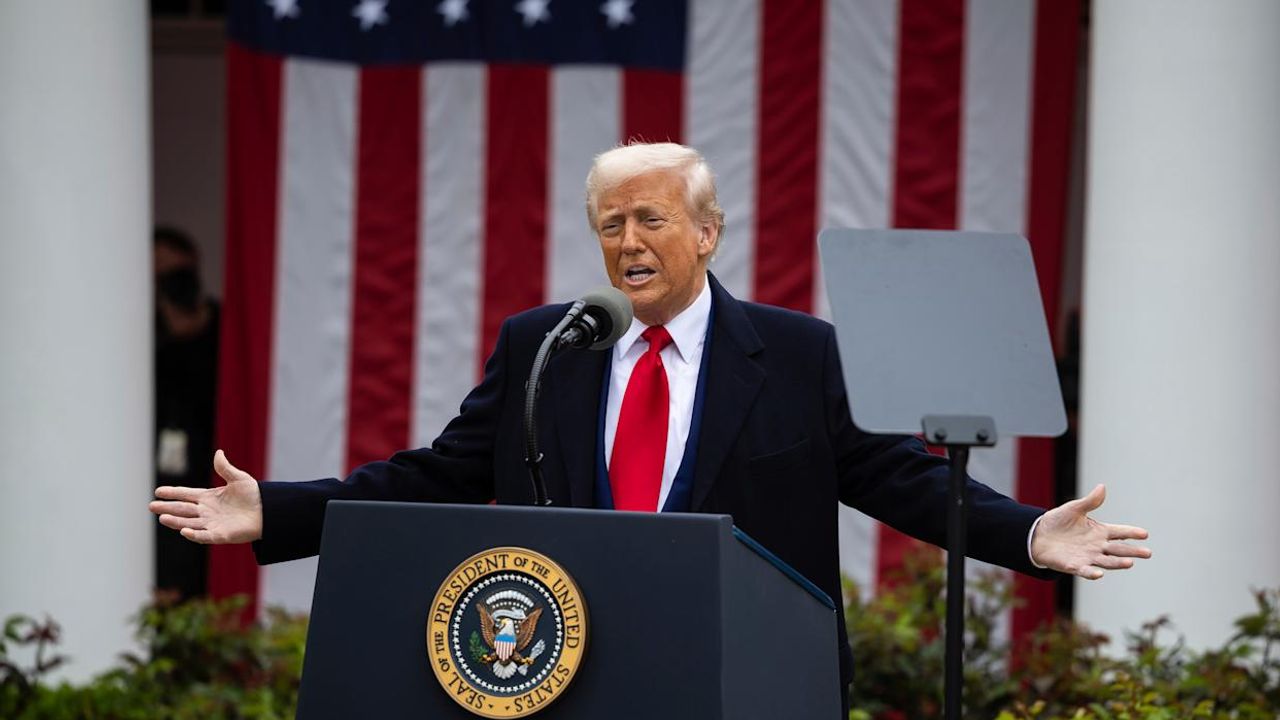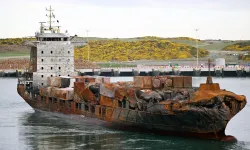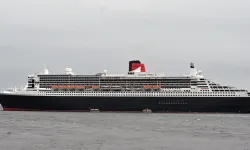With the average US tariff rate now set just below 25%, levels not seen since the 1930s during the Great Depression, the shipping industry is bracing for the impact. The tariffs triggered the second-largest wipeout in US stock market history, with a staggering $3.1 trillion lost in value yesterday, and markets across the Asia-Pacific region are continuing to trade lower today.
These sweeping tariffs are on a scale that makes comparisons to Trump’s previous tariff actions in 2017 seem irrelevant. However, some in the shipping sector are holding on to hope, as Trump suggested yesterday he is open to reducing tariffs if other countries can offer something “phenomenal.” This signals that the White House might still be willing to negotiate, despite some top officials maintaining a hardline stance.
The container sector is expected to bear the brunt of these tariffs. According to an analysis by container booking platform Freightos, the tariffs are so widespread and high that very few products will be exempt, marking a stark contrast to Trump’s previous actions. “There is really no comparing Trump’s trade war this year with the steps he took starting in 2017,” the analysis stated.
Economists are now predicting slower growth for the US GDP, with the likelihood of recessions in both the US and globally, which could lead to a contraction in global trade. In a note to clients, US investment bank Jefferies warned that the broader tariffs would stifle global shipping.
According to Jefferies, the container sector will likely be the most “sensitive” to these tariffs, a sentiment echoed by BIMCO’s chief shipping analyst, Niels Rasmussen. “From a shipping perspective, the container sector will be affected the most. While some tanker and dry bulk commodities remain exempt from tariff hikes, most goods shipped in containers will now face increased import duties,” Rasmussen said.
In a scenario where tariff hikes result in zero growth in US container imports, BIMCO estimates global container volume growth could slow by 0.5 percentage points.
In related news, there is growing speculation that French shipping giant CMA CGM may delay its ambitious investment plans in the US. Back in early March, CMA CGM Chairman Rodolphe Saadé met with the White House to unveil a $20 billion investment in the US over the next four years. However, following Trump’s imposition of 20% tariffs on European Union nations, French President Emmanuel Macron suggested that such investments should be put on hold until the situation with the US is clarified.
Macron told a group of French politicians and business leaders that “Future investments, including those announced in recent weeks, should be suspended for now as long as the situation with the United States remains unclear.”
Wednesday’s tariffs represent another chapter in the dramatic shifts taking place under Trump’s second administration, with global shipping poised for more disruption. Next on the agenda is Trump’s decision on whether to impose penalties on Chinese-built vessels calling at US ports.






